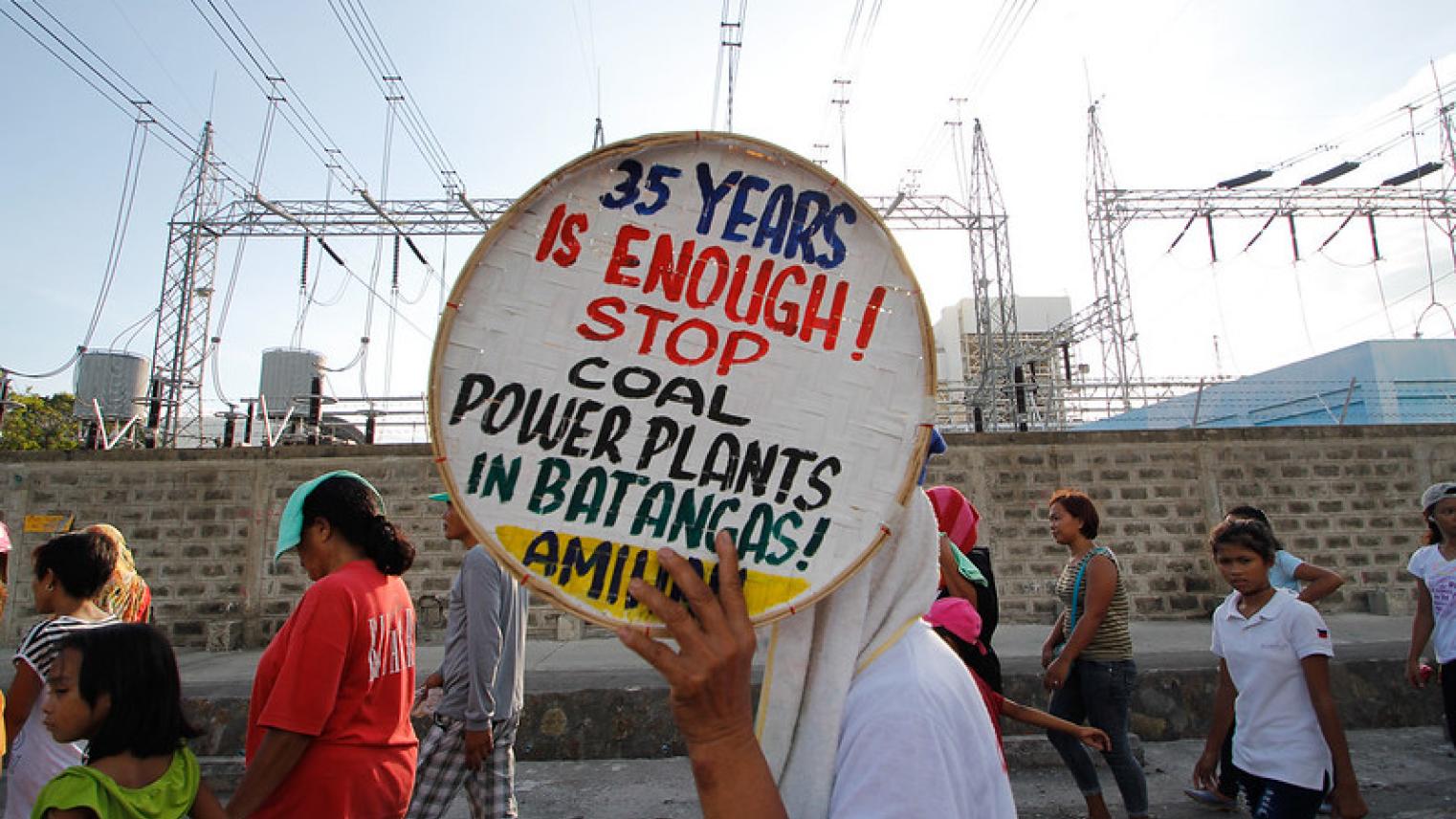Key Impact Points:
- Basel Committee drops push for mandatory global climate risk disclosures, shifting to voluntary approach focused on extreme weather
- U.S. regulators under Trump administration influenced the retreat, raising fears of systemic risk exposure and global fragmentation
- Experts warn this move could reduce transparency, sideline transition risk analysis, and isolate the U.S. from global financial stability efforts
Basel Retreat from Mandatory Climate Standards Sparks Concern
Global financial watchdogs have scaled back their climate oversight ambitions. At its latest meeting in Basel, Switzerland, the Group of Central Bank Governors and Heads of Supervision (GHOS) approved a pivot for the Basel Committee on Banking Supervision—favoring voluntary disclosures and limiting its focus to extreme weather events. This decision marks a retreat from plans to implement binding international rules addressing broader climate-related financial risks. It also sidelines the Committee’s Task Force on Climate-Related Financial Risks, which had been leading the charge for robust, mandatory standards.
“The Basel Committee is stepping back from ambitious climate regulations and shifting toward a slower, voluntary, research-focused approach,” said Anne Perrault, senior climate finance policy counsel at Public Citizen.
U.S. Influence Behind the Shift
The Basel Committee, which sets standards for 28 jurisdictions—including the U.S., EU, and China—does not hold legal enforcement power. Still, its standards shape global banking regulations and capital buffers, like those in Basel III, which ensure financial institutions can withstand crises. But U.S. regulators—including the Federal Reserve, the Office of the Comptroller of the Currency, and the FDIC—have reportedly lobbied for a rollback of climate mandates. In January, the Fed withdrew from the Network for Greening the Financial System, signaling a broader retreat from international climate finance commitments.
“It’s fair to wonder what this avoidance of transition risk implies for [Federal Reserve] independence,” said Perrault.
“This is clearly a move toward what we’re seeing in the U.S. on climate,” she added. “It could be a big step back from dealing with a global financial stability threat.”
Global Fallout and Market Risks
Critics say the narrowing of focus to only extreme weather ignores key transition risks—such as fossil fuel asset write-downs, regulatory shifts, and rapid changes in consumer demand—that could disrupt markets.
“Watered-down standards won’t protect our financial system from the growing fallout of climate change,” said Ben Cushing, sustainable finance campaign director at the Sierra Club. “Undermining global coordination sends a reckless signal to markets and leaves the U.S. isolated as the rest of the world moves forward.”
“We’re reducing transparency at a time when we need more of it,” added Danielle Fugere, president of shareholder advocacy group As You Sow.
She warned that financial systems ignoring global frameworks could lose investor relevance and resilience.
“If we’re failing to address climate risk, those assets are then more risky,” she said. “The rest of the world shouldn’t be held back.”
Europe and China May Fill the Leadership Void
While the U.S. retreats, analysts believe other global powers may step into the gap. European regulators and China are continuing efforts to embed climate risk into financial systems—potentially leading to a splintered global landscape. The weakened Basel approach may offer jurisdictions more flexibility, but experts caution it lowers the global bar, fragments oversight, and increases exposure to volatility. Despite the setback, experts agree that building financial resilience to climate change remains essential—just not under U.S. leadership.
Related Article: ISSB Must Clarify Climate Reporting Rules to Avoid Stalling Progress

 Follow SDG News on LinkedIn
Follow SDG News on LinkedIn











